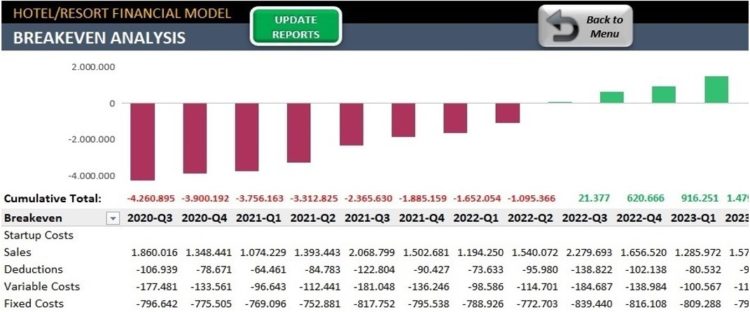Developers commonly question the usefulness of feasibility studies and commonly view them to be ineffective at predicting the performance of development projects. They are generally undertaken merely to reach a conclusion based on the given required return on investment (ROI) provided by the developer.
Many developers have already decided on the location, product, concept and design when contracting the feasibility analysis. They are frequently used by developers simply to rubber-stamp their projections to satisfy the other project participants – lenders, operators and investors.
The time constraints for the production of feasibility studies are usually very tight and the fees charged for them low. The time and price pressures as well as the questionable usefulness of feasibility analyses are the key reasons cited why more is not invested in producing more sophisticated and reliable studies.
Primary research is labor-intensive and requires a sophisticated research methodology and staff. For project feasibility studies, primary research makes them cost more than many clients are willing to pay.
Secondary research relying on secondary data, automated writing programs, boilerplate templates, preexisting text, and previous feasibility studies are commonly accepted ways for developers to save time and money. The drawback to this approach is that it produces less accurate and reliable feasibility studies than primary research.


The consultants who produce feasibility studies have little incentive to improve their approach to feasibility study and and increase their cost nor are they held accountable for inaccuracies. Property developers generally do not either challenge or review the studies or ask for revision or amendment to make them more appealing to the end-users.
Feasibility studies generally neglect sustainability in their development projects due to the concern of developers about the cost. Developers fail to appreciate the positive effect the implementation of sustainable development principles has on the return on investment along the property life cycle and project value chain, notwithstanding the social and environmental impacts.
